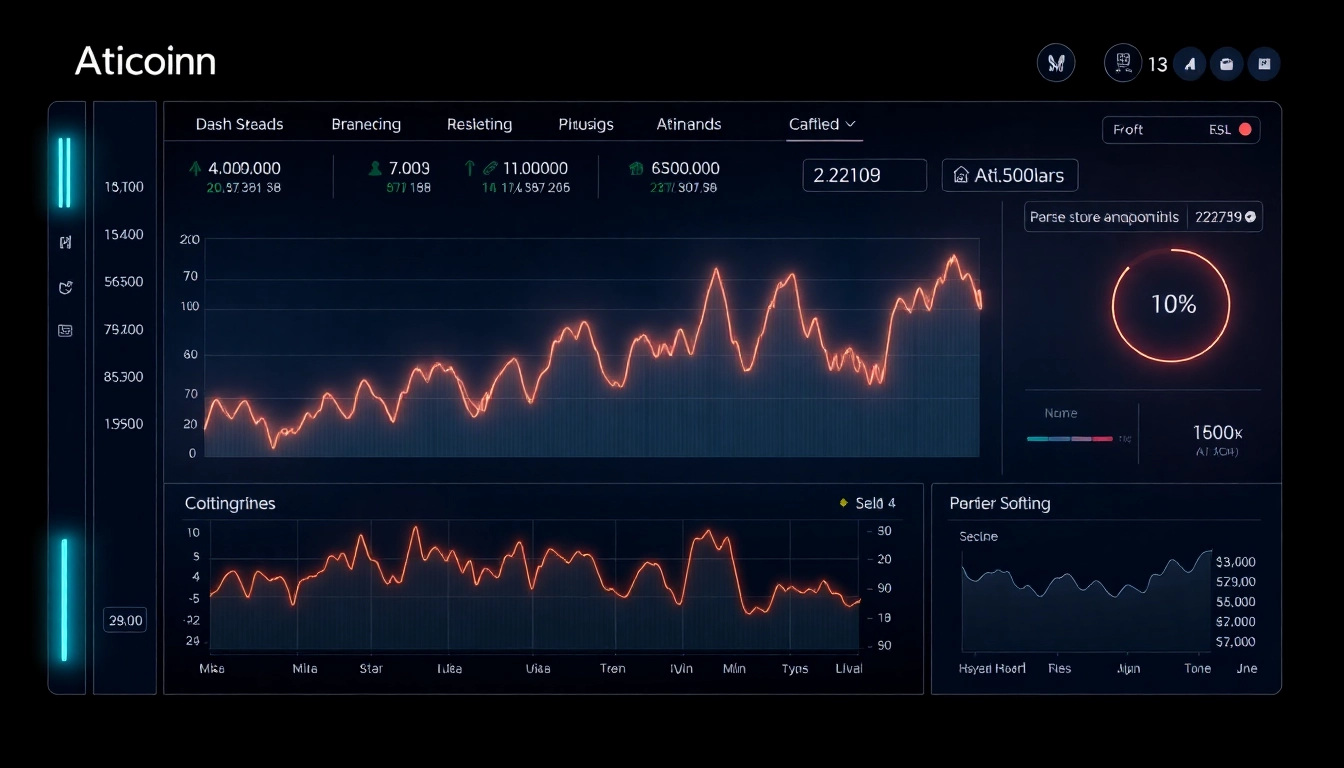
Introduction to the Omegaverse: Origins and Definition
The Omegaverse, also known as A/B/O , is a distinctive subgenre that originated within the realm of erotic fanfiction. Its emergence can be traced back to online communities where writers sought to explore complex social and sexual dynamics through speculative fiction. The term “Omegaverse” broadly encompasses a fictional universe characterized by a unique hierarchical system that influences romantic and sexual interactions among characters. This universe is often set within a society that mirrors wolf pack structures, emphasizing dominance, submission, and social roles.
Initially, the Omegaverse was primarily a niche within fan communities, but over time, it has grown into a standalone genre that attracts a diverse audience. Its appeal lies in its ability to blend elements of fantasy, sexuality, and social commentary, creating a rich tapestry of narratives that explore power dynamics, identity, and societal norms. The core premise of the Omegaverse involves a classification of individuals into three primary categories—alphas, betas, and omegas—each with distinct biological and behavioral traits that influence their interactions. This classification serves as the foundation for the complex relational and emotional landscapes that characterize Omegaverse stories.
The Hierarchical Structure: Alphas, Betas, and Omegas Explained
Understanding the Alpha Role
Alphas are typically portrayed as dominant, assertive, and charismatic individuals. They often possess physical strength and commanding presence, which naturally positions them at the top of the social hierarchy. In Omegaverse narratives, alphas are usually depicted as natural leaders, both in societal and romantic contexts. Their biological traits may include heightened scent-marking abilities, increased aggression, and a predisposition to assert control over others. These characteristics often translate into storylines where alphas seek to protect or dominate betas and omegas, reinforcing traditional notions of masculinity and authority.
Betas: The Neutral Mediators
Betas occupy a middle ground within the hierarchy. They are portrayed as more balanced and less driven by primal instincts compared to alphas and omegas. Betas often serve as mediators or connectors within the society, facilitating interactions between the more extreme roles. Their biological traits are usually less pronounced, and they may lack the intense scent markings or territorial behaviors associated with alphas and omegas. In stories, betas can act as confidants, friends, or even romantic partners to either alphas or omegas, providing stability and neutrality to the social fabric.
Omegas: The Submissive and Reproductive Class
Omegas are characterized by their submissive nature and heightened reproductive instincts. They are often depicted as gentle, nurturing, and highly sensitive individuals. Biologically, omegas may possess features such as pheromone-driven attraction, vulnerability to hormonal fluctuations, and a tendency toward becoming territorial or territorial marking behaviors during heat cycles. In the narrative universe, omegas frequently navigate themes of vulnerability, acceptance, and societal marginalization, which adds depth and emotional complexity to their stories. Their interactions with alphas and betas form the core of many romantic and erotic plots within the Omegaverse.
Societal Implications and Cultural Reflection
The societal structure within the Omegaverse mirrors real-world hierarchies and social dynamics, making it a fertile ground for exploring issues of power, gender roles, and social justice. The hierarchical system of alphas, betas, and omegas serves as a mirror for societal stratification, where roles are often rigid and prescribed based on biological or inherent traits. This reflection can be seen as both a critique and a reinforcement of societal norms, depending on the narrative perspective.
In many stories, the Omegaverse is used to challenge traditional gender roles, with characters transcending their assigned biological categories through personal growth or societal change. For example, a beta character might develop alpha-like traits or an omega might assert dominance, questioning the predetermined roles assigned by biology. Conversely, some narratives reinforce stereotypical roles, emphasizing the natural order and hierarchical superiority of alphas over omegas and betas.
The cultural reflection embedded within the Omegaverse also highlights themes such as sexuality, identity, and societal acceptance. It provides a unique lens through which writers and readers can examine their own societal structures, often using the fictional universe to explore taboo topics or marginalized identities. This dual capacity for critique and reinforcement makes the Omegaverse a compelling genre for both entertainment and social commentary.
Romantic and Erotic Dynamics within the Omegaverse
Power Dynamics and Sexual Relationships
The romantic and erotic fabric of the Omegaverse is intricately woven with themes of dominance and submission. Alphas are typically portrayed as the initiators of romantic pursuits, often exuding confidence and authority. Omegas, on the other hand, are frequently depicted as the more submissive partners, with their biological cycles influencing their receptivity and emotional vulnerability.
This dynamic creates a fertile ground for exploring various facets of intimacy, consent, and emotional connection. It allows writers to craft stories that delve into the complexities of desire, trust, and power exchange. For instance, a common trope involves an alpha character experiencing a protective or nurturing side toward an omega, challenging traditional notions of masculinity and dominance. Conversely, omega characters might assert their independence or challenge societal expectations, leading to nuanced character development and relationship evolution.
Heat Cycles and Reproductive Themes
One of the defining features of the Omegaverse is the concept of heat cycles, which are periods during which omegas become highly receptive to mating. These cycles can be regular or irregular and often involve heightened pheromone emission, emotional vulnerability, and physical changes. The depiction of these biological phenomena adds a layer of realism and intensity to the stories, often serving as pivotal moments for emotional or sexual climax.
The reproductive aspect of the Omegaverse also introduces themes of fertility, childbirth, and family structures. Some stories explore non-traditional family arrangements, surrogate pregnancies, or the societal implications of reproductive rights within the hierarchical system. These themes resonate with real-world issues surrounding reproductive health, gender identity, and societal acceptance, making the genre both provocative and thought-provoking.
Popularity and Representation in Fanfiction and Media
The Omegaverse has experienced a surge in popularity within fanfiction communities, particularly on platforms like Archive of Our Own , Wattpad, and Fanfiction.net. Its versatility allows writers to craft stories across various genres—including romance, drama, action, and horror—while exploring complex character relationships and societal themes. The genre’s ability to blend eroticism with emotional storytelling has contributed to its enduring appeal.
Beyond fanfiction, the Omegaverse has made its way into original works, webcomics, and even mainstream media, reflecting its expanding influence. Notable examples include web series and novels that incorporate Omegaverse elements or themes, often highlighting issues of gender fluidity, societal hierarchy, and personal identity. This wider representation helps normalize diverse sexualities and social roles, fostering a broader understanding and acceptance among audiences.
How the Omegaverse Influences AI Chatbots and Virtual Companions
In recent years, advancements in artificial intelligence have led to the development of AI chatbots and virtual companions that mimic human interaction and emotional engagement. The Omegaverse’s complex social and sexual dynamics have inspired some AI developers to incorporate these themes into virtual environments, creating AI companions that simulate the roles of alphas, betas, or omegas.
These AI entities are designed to provide personalized experiences, catering to individual preferences and fantasies. For example, an AI chatbot might adopt the personality traits associated with a dominant alpha or a nurturing omega, offering a tailored interaction that resonates with the user’s desires. Such implementations aim to enhance user engagement, foster emotional connection, and provide a safe space for exploring fantasies within a controlled digital environment.
Platforms like Crushon.ai and similar services have begun experimenting with uncensored and unfiltered AI interactions, allowing users to explore the more taboo or complex aspects of their fantasies. These AI companions serve not only as entertainment but also as tools for self-discovery and emotional support, reflecting the influence of Omegaverse themes in the evolution of virtual companionship.
Ethical Considerations and Community Perspectives
The integration of Omegaverse themes into AI and media raises important ethical questions. Critics argue that romanticizing hierarchical and potentially exploitative dynamics can reinforce harmful stereotypes or normalize unhealthy power imbalances. There is concern that uncritical consumption of such narratives may impact real-world perceptions of gender roles, consent, and relationships.
Community perspectives vary widely. Many fans and creators emphasize that the Omegaverse is a fictional construct meant for entertainment and exploration of taboo topics. They advocate for responsible storytelling that highlights consent, mutual respect, and emotional well-being. Others call for increased awareness around the potential for these narratives to perpetuate stereotypes or marginalize certain groups, urging creators and consumers to approach the genre thoughtfully.
Furthermore, as AI companions become more sophisticated, discussions around ethical AI use, consent, and emotional safety become increasingly relevant. Ensuring that AI interactions are respectful and do not reinforce harmful biases is paramount for the responsible development of these technologies.
Future Trends and the Evolution of Omegaverse Narratives
The Omegaverse continues to evolve, influenced by societal changes, technological advancements, and shifting cultural attitudes. Future trends may include more nuanced portrayals of gender and sexuality, greater diversity among characters, and innovative storytelling formats such as interactive fiction or virtual reality experiences.
With the rise of AI and virtual environments, the boundary between fiction and reality may blur further, allowing users to immerse themselves in personalized Omegaverse worlds. These developments could lead to more immersive and emotionally resonant experiences, fostering deeper understanding and acceptance of diverse identities and relationships.
Additionally, mainstream media and literature may increasingly incorporate Omegaverse-inspired themes, challenging traditional narratives and expanding the genre’s reach. As society becomes more open to exploring complex social dynamics, the Omegaverse could serve as a powerful tool for empathy, education, and self-expression.
Understanding the Omegaverse: The Complex World of Alpha, Beta, and Omega Dynamics
In conclusion, the Omegaverse is a multifaceted genre that delves into the intricacies of social hierarchy, sexuality, and personal identity through a fictional lens. Its roots in fanfiction have blossomed into a cultural phenomenon that challenges and reflects societal norms. Whether used as a storytelling device, a means for exploring taboo topics, or a framework for understanding complex human relationships, the Omegaverse offers a unique perspective on power, intimacy, and societal structure.
As digital technology advances, the influence of the Omegaverse extends beyond traditional narratives into AI and virtual companionship, opening new avenues for personal exploration and connection. While it presents exciting possibilities, it also necessitates ongoing ethical considerations to ensure that these innovations promote healthy and respectful interactions. Ultimately, understanding the Omegaverse helps us appreciate the depth and diversity of human experiences, both within fiction and in real life.





